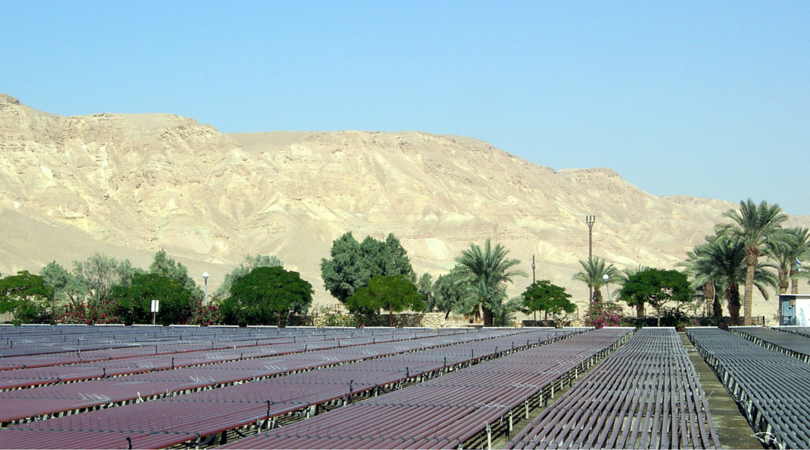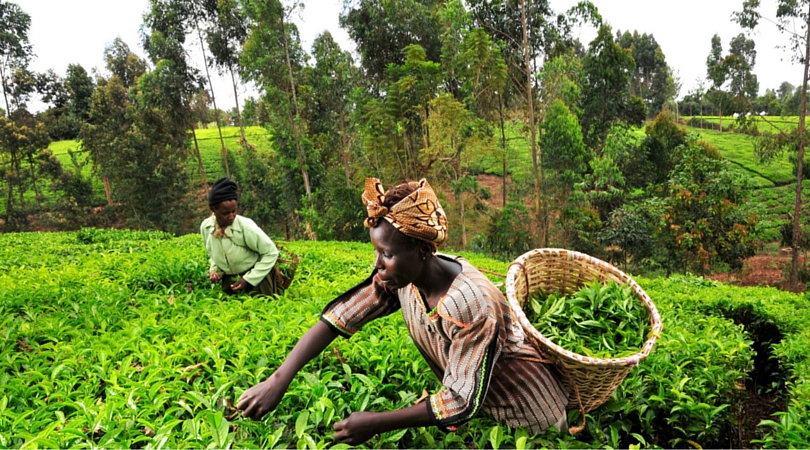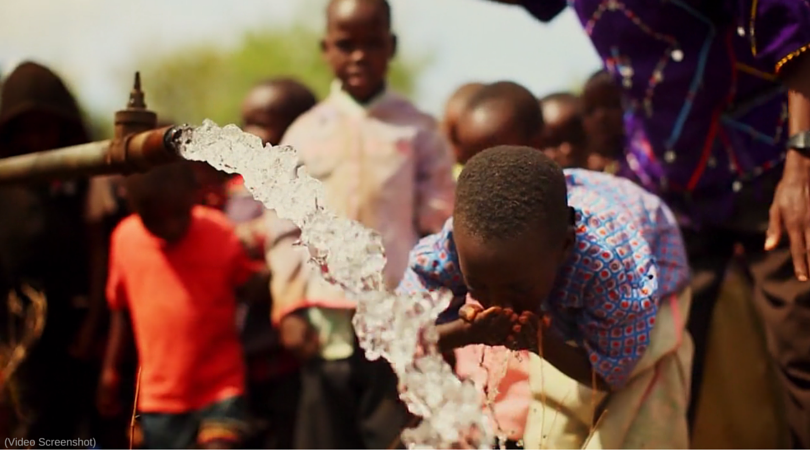The Israeli desert isn’t just sprouting some unprecedented produce in the miracle soil across its plains; it’s growing some of the finest agriculturists and agronomists this generation has ever seen. In an attempt to spread the important knowledge that Israeli agro-technicians have discovered, AICAT is opening its doors to students from all over Africa and Asia, providing the kind of education that these kids could never get back home.
Stimulating the Minds of the Next Generation
The Arava International Center for Agricultural Training (AICAT) has developed a forward-thinking work-study program that allows undergraduates from Asia and Africa to come learn the basic principles of agriculture. They are teaching young minds how Israelis have used technology, biochemistry, and other sciences to enhance the productivity and output of these agricultural basic building blocks. To date, more than 10,000 students have gained from this initiative, and more keep coming each year.
The program was started with a simple mission: get the right information into the minds of people living in underdeveloped regions and provide effective help to the 25% of the world’s population that lives in poverty. The program matches farmers as mentors to the students for the year, and they are taken through the entire process from start to finish.
AICAT is located in Sapir, in the heart of a desert region known as the Arava Desert. Students hail from Indonesia, Nepal, South Sudan, Myanmar, Thailand, Cambodia, Vietnam, Ethiopia, Laos, and East Timor, to name but a few.
Educating from A-to-Z
In an interview with ISRAEL21c, AICAT director Hanni Arnon playfully said “They come at plantation time and grow with the plants.” Most of the challenges that the Arava Desert faces are the same as the problems that these students are facing back home, so seeing the way in which technology is helping to combat these problems first-hand brings the whole experience to life.
Lack of water supply, geographic isolation, difficult weather conditions, unproductive soil, and other complicated conditions are some of the challenges African and Asian students are learning to combat throughout their stay in the program. The school teaches the undergraduates the importance of proper crop planning, research, and implementation. They discuss the benefits and need for technologies such as drip irrigation and water management to keep the crops hydrated despite frequent water shortages, and pest control to maximize the output of each crop season.
Even more impressive are the values that AICAT imparts to these kids. ”If you want it, you can make a change. We teach that a difficulty is a challenge and you need to find a solution,” comments Arnon.
AICAT currently has an international master’s degree run in cooperation with Tel Aviv University that lasts 18 months. The specialty is Plant Sciences, and it touches on food safety and security issues.






